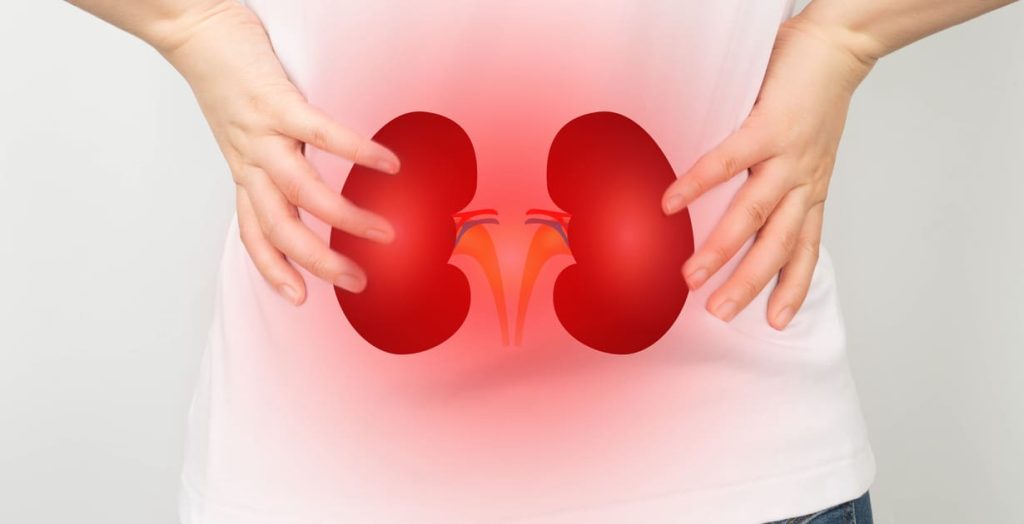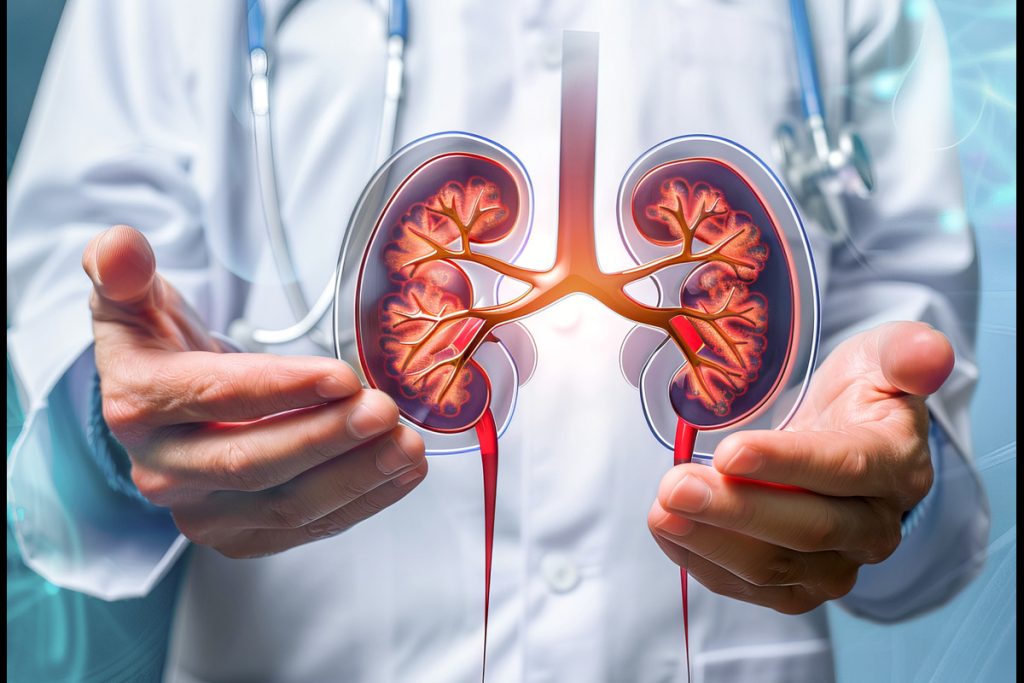Our kidneys play a vital role in keeping our bodies healthy. Located just below the rib cage, these organs filter blood, remove waste and excess fluids, regulate electrolyte levels, and produce hormones that help maintain healthy bones, red blood cells, and blood pressure. Recognizing the early signs of kidney issues is crucial for preventing more serious complications.
Here are some scientifically supported signs that may indicate kidney problems:

1. Swelling
When the kidneys struggle to remove excess fluids, swelling can occur in areas like the face, hands, feet, or legs. Persistent or unexplained swelling may signal kidney dysfunction and should prompt a visit to a healthcare provider.
2. Changes in Urination
Changes in the frequency, color, or appearance of urine can be early indicators of kidney issues. For example:
Reduced urination or difficulty passing urine.
Dark or foamy urine, which may suggest the presence of protein.
Increased urination at night (nocturia).
While these signs can also be linked to other conditions, they warrant further investigation if persistent.
3. Fatigue
Healthy kidneys produce a hormone called erythropoietin (EPO), which stimulates red blood cell production. When kidney function declines, the reduced EPO levels can lead to anemia, causing fatigue, weakness, and low energy.
4. Shortness of Breath
In advanced kidney disease, anemia and fluid retention in the lungs can cause shortness of breath. However, this symptom is often associated with multiple health conditions, so it’s essential to consider it alongside other signs.
5. Difficulty Concentrating
Reduced kidney function can lower oxygen supply to the brain due to anemia, leading to difficulty concentrating, memory problems, or dizziness.
Signs Removed for Accuracy
- Skin Rash: While severe kidney disease can cause waste buildup that might lead to itching, this is not a reliable or early indicator for most kidney issues.
- Metallic Taste in the Mouth: This is typically associated with advanced kidney failure and is uncommon in earlier stages.
- Upper Back Pain: This is not a typical symptom of kidney dysfunction unless caused by infections (like pyelonephritis) or kidney stones. Pain in the back can result from various unrelated conditions.
Protecting Kidney Health

To maintain healthy kidneys:
- Hydrate adequately: Drink enough water to support kidney function but avoid overhydration.
- Eat a balanced diet: Focus on fruits, vegetables, and lean proteins while reducing sodium and processed foods.
- Monitor blood pressure and blood sugar levels: High blood pressure and diabetes are major risk factors for kidney disease.
- Avoid overusing medications: Overuse of painkillers like NSAIDs can harm kidney function.
- Regular check-ups: Routine blood and urine tests can help detect early signs of kidney issues.
Conclusion
Early detection is key to preventing serious kidney problems. If you notice persistent swelling, changes in urination, unexplained fatigue, or difficulty concentrating, consult a healthcare professional for evaluation. By taking preventive measures and adopting a kidney-friendly lifestyle, you can protect these vital organs and support your overall health.
